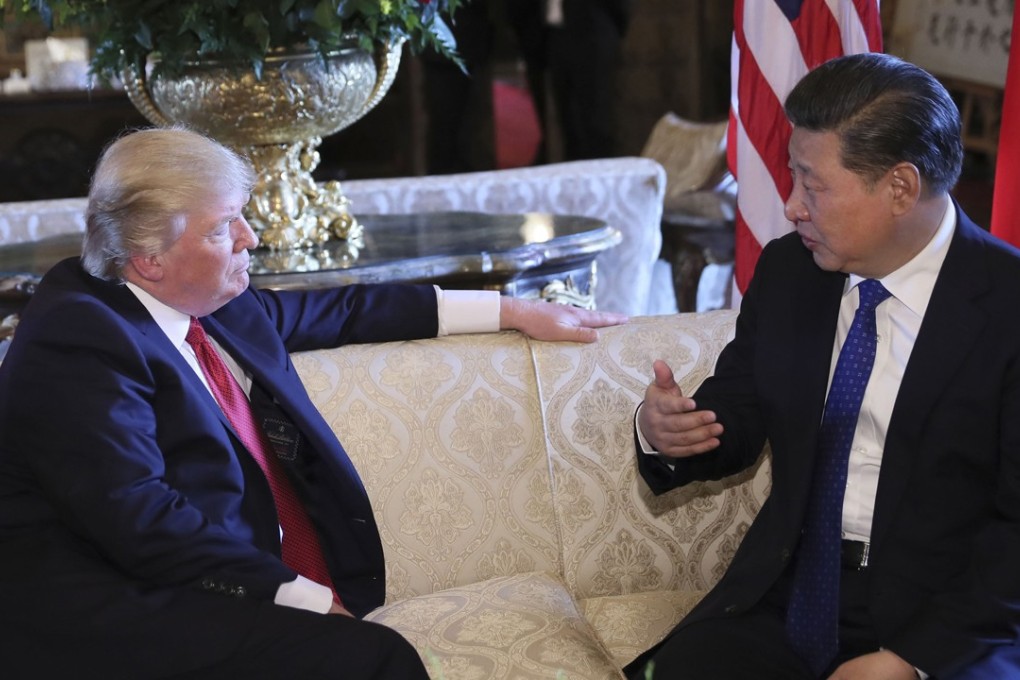Inside Out | The US made the global trade rules it constantly claims are unfair
For the Trump administration to argue that the trade playing field is unfairly skewed in favour of foreign countries is to be profoundly hypocritical

If trade conflict erupts between China and the United States in the coming year, it will certainly not be for want of both sides trying to keep the peace.
Beyond the working-level shuttle diplomacy that has been humming since Xi Jinping’s April summit discussion with Donald Trump at his Mar a Lago resort, visits to Beijing over the past week by Commerce Secretary Wilbur Ross and Secretary of State Rex Tillerson have lifted dialogue to the highest level. Exchanges seem likely to intensify through the coming month to a crescendo in November when Trump and Xi might actually meet three times – at the APEC Leaders’ meeting in Da Nang in Vietnam; at the Asean leaders’ 50th anniversary celebrations in Manila; and bilaterally in Beijing.
China is going to become stronger. And it is going to want to change some of the rules
If the differences and tensions between China and the US were not so obvious and fraught, one could be forgiven for thinking there was some serious passion at work.
While Wilbur Ross’s post-Beijing briefings in Hong Kong were in general terms predictably tough – calling for better market access for US companies, less Chinese protection for domestic champions, and more respect for US intellectual property rights – they were also carefully conciliatory. He talked of the “strong personal relationship” between Xi and Trump, and said he was optimistic that the two could by November agree on “specific deliverables” that would quieten US concerns over China’s alleged unfair trade practices.
You could almost feel upbeat – until you try to reconcile Ross’s comments with those of Robert Lighthizer, Trump’s trade representative, at the Centre for Strategic and International Studies (CSIS) in Washington just a week earlier.
“I believe that there is one challenge on the current scene that is substantially more difficult than those faced in the past, and that is China,” he opened: “The sheer scale of their coordinated efforts to develop their economy, to subsidise, to create national champions, to force technology transfer, and to distort markets in China and throughout the world, is a threat to the world trading system that is unprecedented.”
